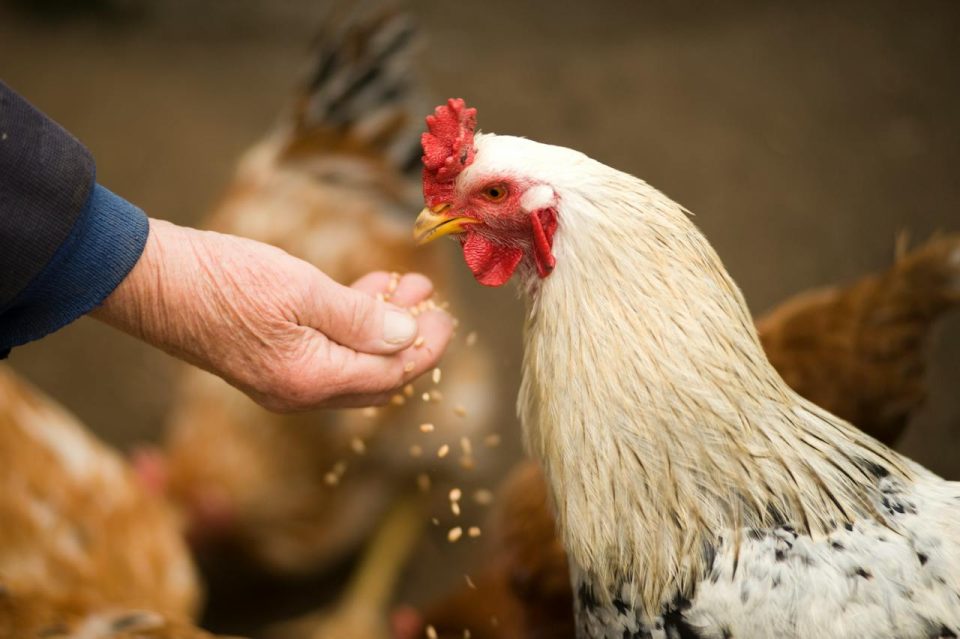In a strategic move aimed at bolstering its financial standing and pivoting towards an asset-light business model, Benson Hill, a pioneering food tech company specializing in harnessing the innate genetic diversity of plants, unveiled its plans to aggressively expand into the broadacre animal feed markets, on Tuesday This ambitious foray, complementing the company’s notable achievements in human food ingredients, has spurred a significant surge in Benson Hill’s stock prices.
At the time of this publication, Benson Hill Inc stock (BHIL) has witnessed a surge.
Benson Hill Inc
Current Price: $0.22
Change : +0.06
Change (%): (34.32%)
Volume: 2.8M
Source: Tomorrow Events Market Data
The company’s calculated push into animal nutrition aligns seamlessly with its overarching vision to broaden and diversify its exclusive product portfolio, fortify nutritional security, and foster collaborative partnerships within the food value chain.
To fortify its fiscal position and facilitate the execution of its corporate strategy, management is amping up the scope of its Liquidity Improvement Plan. This comprehensive effort is anticipated to yield an impressive $33 million reduction in operating expenses by the year 2024, with further cuts expected down the line in both operating expenses and capital expenditures.
Negotiations are currently underway to divest the company’s processing facilities, with an already inked agreement to sell the soy crush facility in Seymour, Indiana, fetching an estimated $36 million in total gross proceeds, subject to working capital and other adjustments.
The successful implementation of the Liquidity Improvement Plan is projected to extend the company’s cash runway, allowing ample time to maximize the value of its proprietary product pipeline. Management foresees that these measures, when combined with the projected finalization of partnership and licensing agreements, will position Benson Hill for improved profitability projections.
In tandem with these financial initiatives, the company is actively exploring a range of strategic alternatives through discussions with interested parties, both in the public and private sectors, as it seeks to finesse the execution of its business strategy.
Benson Hill recently concluded an external analysis of several non-GMO, Ultra-High Protein low oligosaccharide (“UHP-LO”) commercial soybean varieties, confirming novel value-added attributes for poultry diets, swine rations, and pet food. These groundbreaking soybean varieties, birthed from Benson Hill’s proprietary germplasm and powered by the CropOS® innovation engine—an AI-driven prediction and data insights platform—offer a trifecta of benefits coveted by animal nutritionists, processors, feed formulators, and farmers. This includes elevated protein levels that have the potential to mitigate animal feed costs, reduced anti-nutritional factors promoting better digestive health, and an enriched amino acid profile that minimizes the need for costly synthetic additives.
Furthermore, Benson Hill anticipates a future expansion of its UHP-LO soybean portfolio, incorporating herbicide-tolerant and second-generation seed varieties within the next two to three years. This strategic move aims to fortify the company’s competitive edge and broaden its market footprint, encompassing diverse geographies and end markets, including expansive U.S. feed markets covering approximately 28 million acres. Ongoing studies and feeding trials with external parties are underway as the 2023 crop emerges from the field.
In conjunction with this pivotal announcement, the Board of Directors has promptly appointed Elsner to the position of Chief Executive Officer, effective immediately. Having previously served as Interim CEO since June, Elsner brings a wealth of experience and a proven track record to lead Benson Hill through this transformative phase.
With these decisive steps, Benson Hill is poised to revolutionize the animal feed industry, showcasing its commitment to innovation and sustainable solutions in the pursuit of a more secure and efficient food value chain.

